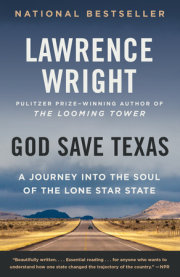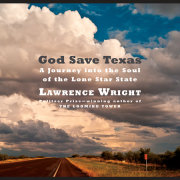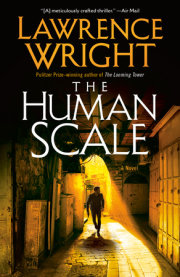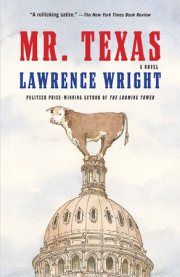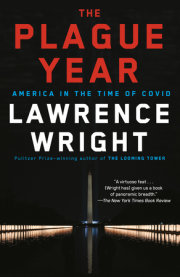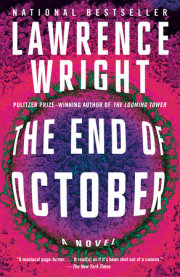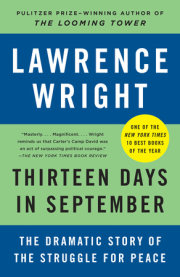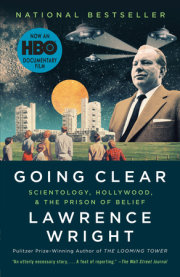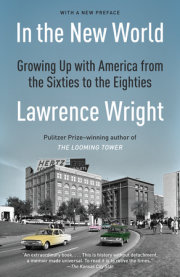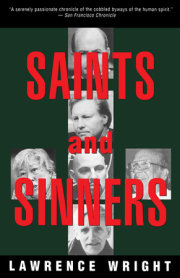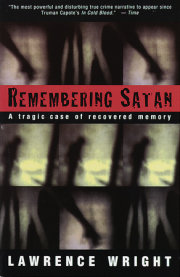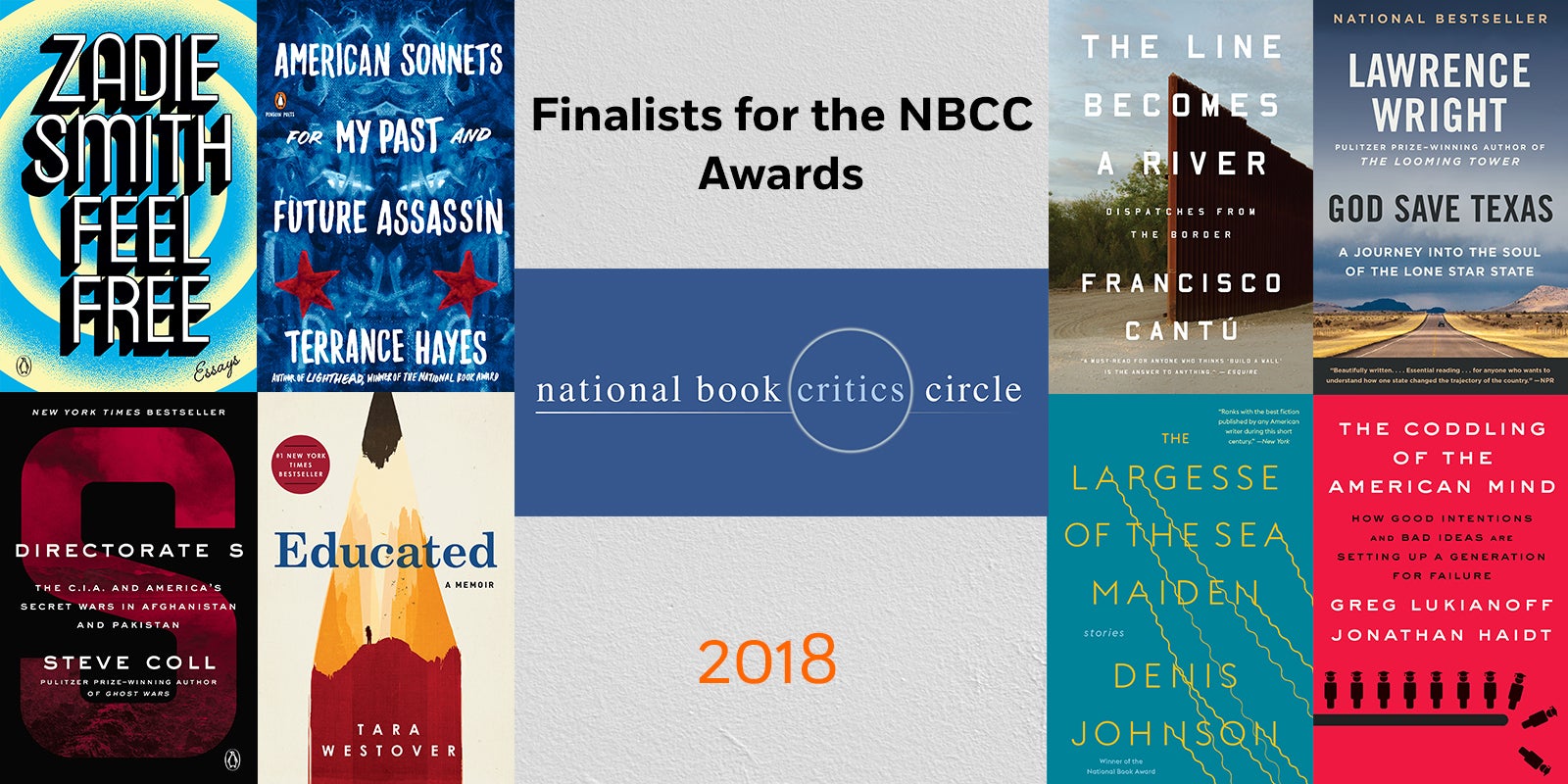OneThe Charms, Such as They AreSubtle was the word my friend Steve used as we drovethrough a spongy drizzle from Austin to San Antonio ona mild February morning. He was referencing the qualityof the pleasures one might experience from observing the Texaslandscape—small ones, requiring discernment—although theactual vista in front of us was an unending strip mall hugging acrowded interstate highway. Subtlety is a quality rarely invokedfor anything to do with Texas, so I chewed on that notion fora bit.
There are some landscapes that are perfect for walking, disclosing themselves so intimately that one must dawdle to takethem in; some that are best appreciated in an automobile at areasonable rate of speed; and others that should be flown over asrapidly as possible. Much of Texas I place in this last category.Even Steve admits that Texas is where “everything peters out”—the South, the Great Plains, Mexico, the Mountain West—alldribbling to an anticlimactic end, stripped of whatever glory theymanifest elsewhere. But in the heart of Texas there is anotherlandscape that responds best to the cyclist, who lumbers alongat roughly the rate of a cantering horse, past the wildflowers and mockingbird trills of the Hill Country. Our bikes were in the back of my truck. We were going to explore the five Spanish missions along the San Antonio River, which have recently been named a World Heritage Site.
Steve is Stephen Harrigan, my closest friend for many years, a distinguished novelist who is now writing a history of Texas. We stopped at a Buc-ee’s outside New Braunfels to pick up some Gatorade for the ride. It is the largest convenience store in the world—a category of achievement that only Texas would aspire to. It might very well be the largest gas station as well, with 120 fuel pumps, to complement the 83 toilets that on at least one occasion garnered the prize of Best Restroom in America. The billboards say The Top Two Reasons to Stop at Buc-ee’s: Number 1 and Number 2, and also Restrooms You Have to Pee to Believe.
But gas and urination are not the distinguishing attractions at Buc-ee’s. Texas is—or at least the kind of material goods that reify Texas in the minds of much of the world: massive belt buckles, barbecue, country music, Kevlar snake boots, rope signs (a length of rope twisted into a word—e.g., “Howdy”—and pasted over a painting of a Texas flag), holsters (although no actual guns), T-shirts (Have a Willie Nice Day), bumper stickers (Don’t Mess with Texas), anything shaped like the state, and books of the sort classified as Texana. There is usually a stack of Steve’s bestselling novel
The Gates of the Alamo as well.
One image on the T-shirts and bumper stickers and whiskey jiggers has become especially popular lately: that of a black cannon over the legend Come and Take It. The taunt has a long history, going back to the Battle of Thermopylae, when Leonidas I, king of Sparta, responded to the demand of the Persian leader, Xerxes, that the Greeks lay down their arms. In Texas, the reference is to a battle in 1835, the opening skirmish of the Texas Revolution, when Mexican forces marched on the South Texas outpost of Gonzales to repossess a small bronze cannon that had been lent to the town for defense against Indians. The defiant citizens raised a crude flag, made from a wedding dress, that has now become an emblem of the gun rights movement. Ted Cruz wore a “Come and Take It” lapel pin on the floor of the U.S. Senate when he filibustered the health care bill in 2013.
At Buc-ee’s, an aspiring Texan can get fully outfitted not only with the clothing but also with the cultural and philosophical stances that embody the Texas stereotypes—cowboy individualism, a kind of wary friendliness, superpatriotism combined with defiance of all government authority, a hair-trigger sense of grievance, nostalgia for an ersatz past that is largely an artifact of Hollywood—a lowbrow society, in other words, that finds its fullest expression in a truck stop on the interstate.
I’ve lived in Texas most of my life, and I’ve come to appreciate what the state symbolizes, both to people who live here and to those who view it from afar. Texans see themselves as confident, hardworking, and neurosis-free—a distillation of the best qualities of America. Outsiders view Texas as the national id, a place where rambunctious and disavowed impulses run wild. Texans, they believe, mindlessly celebrate individualism, and view government as a kind of kryptonite that saps the entrepreneurial muscles. We’re reputed to be braggarts; careless with money and our personal lives; a little gullible but dangerous if crossed; insecure but obsessed with power and prestige. Indeed, it’s an irony that the figure who most embodies the values people associate with the state is a narcissistic Manhattan billionaire now sitting in the Oval Office.
Obviously, those same qualities also have wide appeal. Texas has been growing at a stupefying rate for decades. The only state with more residents is California, but the number of Texans is projected to double by 2050, to 54.4 million, almost as manypeople as California and New York combined. Three Texascities—Houston, Dallas, and San Antonio—are already amongthe top ten most populous cities in the United States. The eleventh largest is Austin, the capital, where Steve and I live. Forthe past five years it has been one of the fastest-growing largecities in America, the metropolitan area surpassing two millionpeople, dwarfing the little college town Steve and I fell for manyyears ago.
There’s an element of performance involved with being“Texan.” The boots, the pickup trucks, the guns, the attitude—they’re all part of the stereotype, but they’re also a masquerade.Stylistic choices such as the way Texans dress or the vehiclesthey choose to drive enforce a sense of identity, but they also addto the alienation that non-Texans often feel about the state.
Riding on top of the old stereotypes are new ones—hipsters,computer gurus, musicians, video-game tycoons, and a widening artistic class that has reshaped the state’s image and the waywe think of ourselves. That Texas can’t be captured on a coffeemug or a bumper sticker. “I’m the least Texas person I know,”Steve once observed. I’ve never seen him in cowboy regalia, oreven a pair of jeans. He hasn’t owned a pair of boots since he wassix years old. In college, he took horseback riding as a physicaleducation requirement and got an F. He contends that must havebeen a clerical error, but the last time he was on a horse he felloff and broke his arm.
Neither Steve nor I could have lasted in Texas if it were thesame place we grew up in, but we’re so powerfully imprinted bythe culture it’s impossible to shake it off. Still, both of us haveconsidered leaving and often wondered why we stayed. Manytimes I’ve considered moving to New York, where most of mycolleagues live, or Washington, which is Lotus Land for political journalists. I’ve never felt at home in either spot. Washington is a one-industry town, and although writers have influence, they are basically in the grandstands watching the action. New York intellectuals sometimes put me off, with their liberal certitudes, their ready judgment of anyone who differs with them. The city is a pulsing hive of righteous indignation. In any case, I think I’m too much of a rustic to survive there. Once, when I was walking up Sixth Avenue in Manhattan, I saw a nicely dressed older man standing in the street beside the curb. He was turning around in small, distracted circles. All my prejudices against the city came up: here was a man in need, but people were walking by, evidently uncaring. In Texas, we wouldn’t let a confused old man place himself in danger. I approached him as any gallant Texan would and said, “Sir, are you okay?”
He looked at me in puzzlement. “I’m waiting for a cab,” he said.
***
Writers have been sizing up Texas from its earliest days, usually harshly. Frederick Law Olmsted, a journalist before he became the designer of New York’s Central Park, rode through in 1854. “Horses and wives were of as little account as umbrellas in more advanced states,” he noted. In 1939, Edna Ferber arrived on a prospecting trip that led to her novel
Giant. That book, finally published in 1952, was a sensation. It popularized the image of Texas millionaires as greedy but colorful provincials, whose fortunes were built largely on luck rather than hard work or intelligence. That there was truth in this summation was part of the sting. When the
New Yorker writer John Bainbridge passed through the state in 1961, gathering material for his book
The Super-Americans, he found Texans still reeling from what he called ednaferberism. “Few documents since the Emancipation Proclamation have stirred as much commotion,” Bainbridge observed; however, he also noticed that the movie had just come out, and it was booked on nearly every screen in the state. In the movie version, Rock Hudson plays the cattle rancher with a spread the size of several states; James Dean is the roughneck, who rises from nothing to build a stupendous fortune; and Elizabeth Taylor is the civilizing Easterner, who acknowledges the exploitation of the Mexicans who do all the labor but fail to reap the profits. It’s been three quarters of a century since
Giant first appeared on bookshelves, but the archetypes that Ferber codified still color the perceptions of Texans by both outsiders and Texans themselves.
Bainbridge observed that the condescension of non-Texans toward the state echoes the traditional Old World stance toward the New. “The faults of Texas, as they are recorded by most visitors, are scarcely unfamiliar, for they are the same ones that Europeans have been taxing us with for some three hundred years: boastfulness, cultural underdevelopment, materialism, and all the rest,” Bainbridge wrote. He diagnosed the popular disdain for Texas as a combination of “hostility born of envy” and “resentment born of nostalgia.” He added: “Texas is a mirror in which Americans see themselves reflected, not life-sized but, as in a distorting mirror, bigger than life. They are not pleased by the image.”
When Bainbridge visited, Texas was in the backseat of the national consciousness, a marginal influence despite its swelling oil wealth and sui generis political culture. By the time Gail Collins,
The New York Times’s op-ed columnist, arrived to research her 2012 manifesto,
As Texas Goes . . . How the Lone Star State Hijacked the American Agenda, the accumulation of economic and political power meant that Texas now had a hand on the steering wheel. Alarm had set in. “Texas
runs everything,” Collins wrote, expressing a typical liberal complaint. “Why, then, is it so cranky?”
Steve and I have talked over the question of whether Texas is responsible for fomenting the darker political culture that has crept over our country, which is the charge that outsiders like Collins often make, citing as evidence Lyndon Johnson and Vietnam, George W. Bush and Iraq, Tom DeLay and redistricting, Ted Cruz and the Tea Party—an impressive bill of particulars that has contributed to the national malaise. Steve takes the position that Texas is simply a part of the mainstream. Its influence may seem disproportionate, but it’s a huge state and it reflects trends that are under way all across the country. “If you visualize America as a sailing ship, Texas is like the hold,” he says. “When the cargo shifts, it’s bound to affect the trajectory of the vessel.”
I’m less forgiving. I think Texas has nurtured an immature political culture that has done terrible damage to the state and to the nation. Because Texas is a part of almost everything in modern America—the South, the West, the Plains, Hispanic and immigrant communities, the border, the divide between the rural areas and the cities—what happens here tends to disproportionately affect the rest of the nation. Illinois and New Jersey may be more corrupt, Kansas and Louisiana more dysfunctional, but they don’t bear the responsibility of being the future.
Copyright © 2018 by Lawrence Wright. All rights reserved. No part of this excerpt may be reproduced or reprinted without permission in writing from the publisher.



